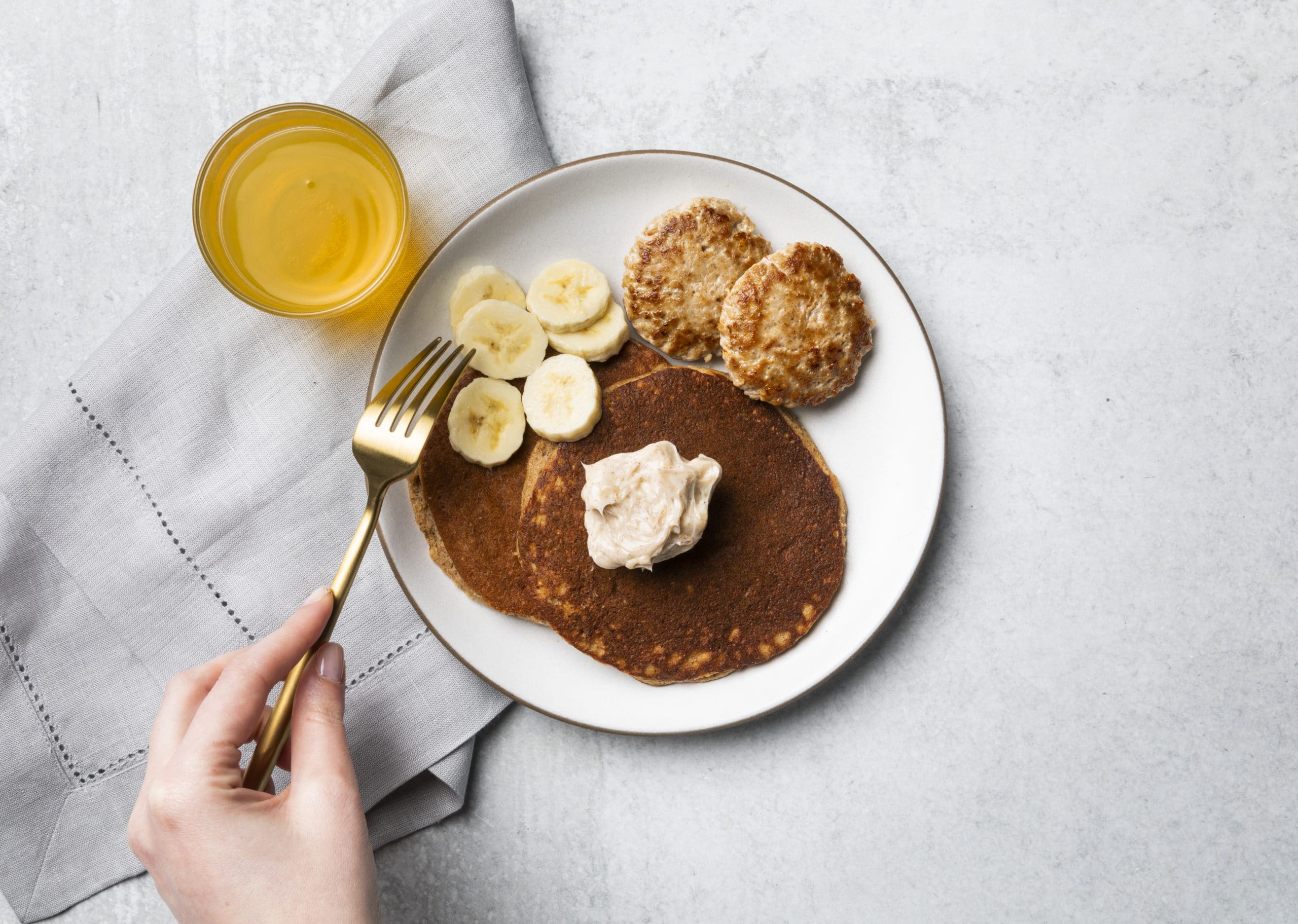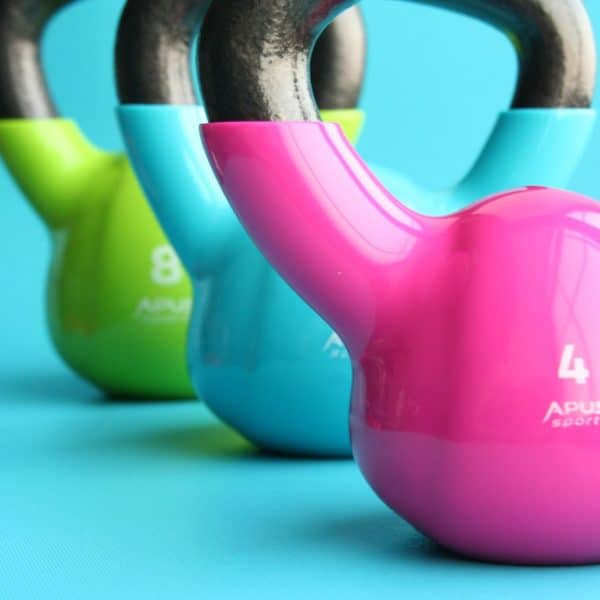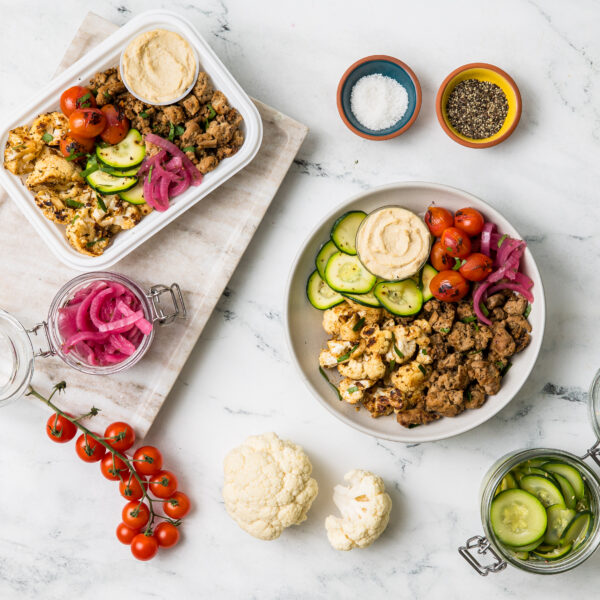The low-fat diets consistently glorified in the ’70s, ’80s, and ’90s have officially been nixed. Fat is decidedly back, and we couldn’t be more excited about it. High-quality fat is essential for overall health and wellbeing. Humming hormones? Fat. Brainpower? Fat. Staying full from breakfast to lunch? Fat (and protein too). It lives up to the hype.
Let’s talk about some of the serious benefits that come with incorporating more healthy fat (and fewer carbs!) into your diet, whether you’re adopting a keto diet or simply including an extra serving of fats at your meals. We think healthy fats should be counted in the category of superfood. In case you need a refresher, healthy fats are crucial for bodily functions like maintenance of cell membranes, regulation of blood sugar, maintaining a healthy gut, absorption of vitamins, and even brain and mental health. All the benefits!
What Does it Mean to Eat Low Carb?
Low carb doesn’t mean no-carb.
Low carb eating means swapping out some higher (and often processed) carbohydrate foods and instead focusing on healthy fats, veggies, and high-quality proteins that are more nutritious. Options like our naked salmon or our romesco chicken focus on healthy fats and protein with just the right amount of carbohydrates to keep you fueled. Here at Snap Kitchen, we believe low-carb meals can still be delicious, flavorful, and 100% enjoyable!
Which Foods are Low Carb?
High-quality protein sources, healthy fats, and low-carb veggies like broccoli, cauliflower, and greens of all kinds are a total go. Though there’s no standard definition, low carb eating usually involves about 100g or less of carbs/day. Our low-carb meals have less than 30g of carbs, which equates to about 90g of carbs or less per day.
What Are the Benefits of a Low Carb, High Fat Diet?
While an individual’s carbohydrate needs vary depending on health goals (i.e., you’ll most likely require more carbs if you are very active), studies have shown that eating a variety of nutrient-dense foods that are naturally lower in carbs can improve mood, blood sugar, energy, and sleep. When we eat more carbohydrates than we need in one sitting (especially the starchy, highly processed kind), it can cause our blood sugar to rise and then fall fast—leaving us tired and cranky.
I like to call this the blood sugar roller coaster. Balancing the right amount of nutrient-dense carbs with healthy fats and protein can help stabilize your blood sugar, giving you steady energy. Besides, many people on lower carbohydrate diets have seen more significant weight loss—most likely due to a higher intake of protein and healthy fats that help keep them full and satisfied.
Have you tried a low-carb diet before? If so, what was your experience?





Leave a Reply
No Comments